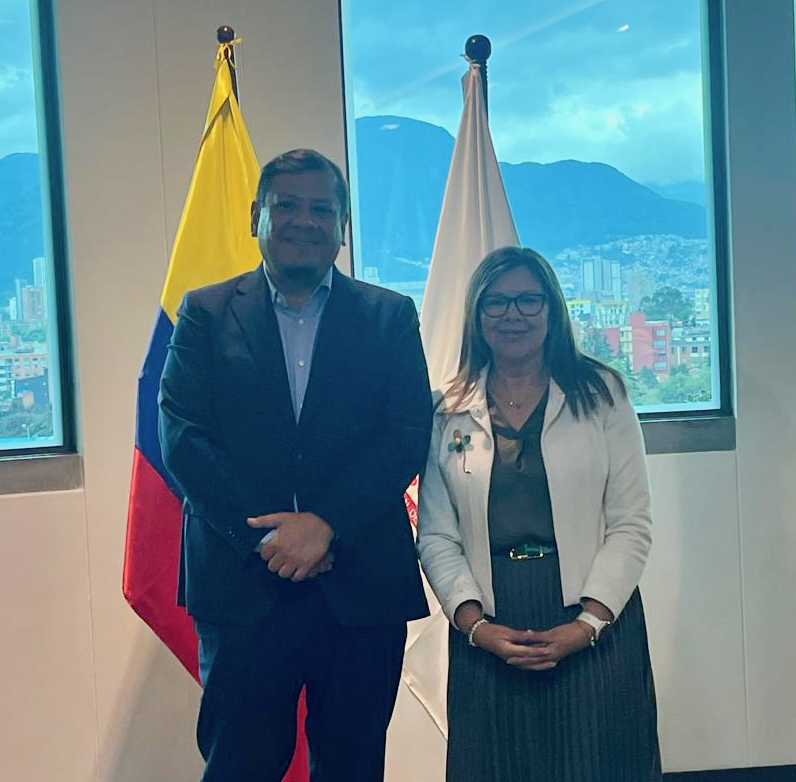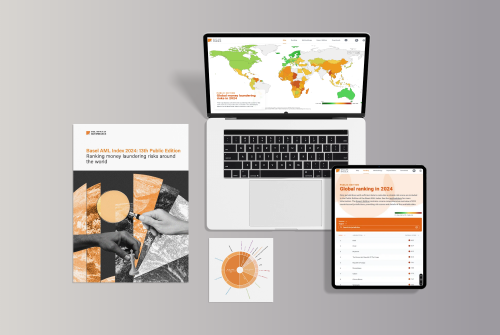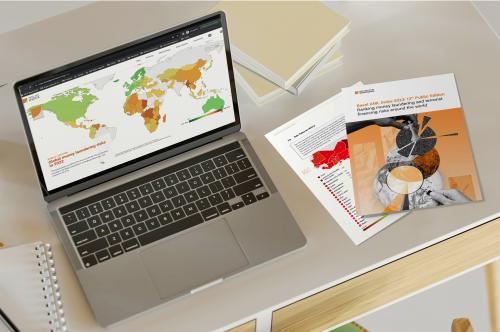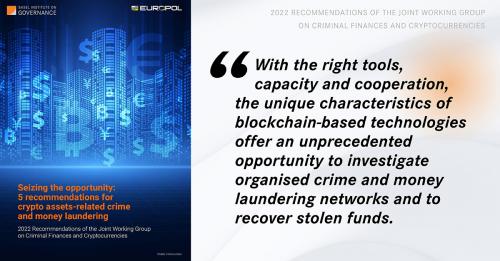Colombia–Guernsey cooperation leads to successful non-conviction based forfeiture of illicit assets
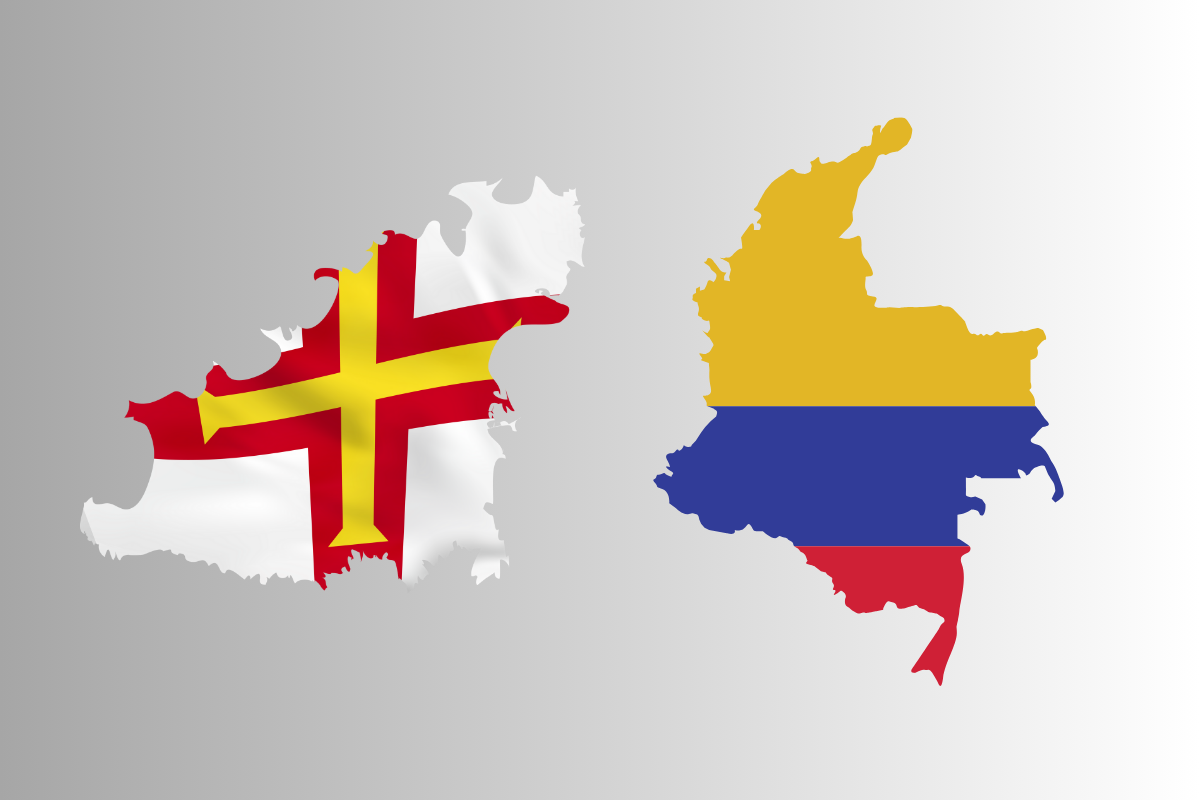
Guernsey has confiscated nearly half a million dollars in criminal proceeds on behalf of Colombia in the Latin American country’s first successful international asset recovery case using its non-conviction based forfeiture law.
On 17 September 2024, the Royal Court of Guernsey ordered the forfeiture of GBP 360,000 (USD 479,000 or COP 2 billion) that was found to be the proceeds of drug trafficking. The money was held on trust with a Guernsey financial institution for the benefit of a Colombian national Maria Camacho, whose deceased husband was the leader of a notorious drug trafficking cartel during the 1990s.
This is Colombia’s first international asset recovery based on its non-conviction based forfeiture law, Extinción de dominio. Oscar Solórzano, who leads the work of the Basel Institute’s International Centre for Asset Recovery in Latin America, commented:
“This case shows the importance of proactive and creative international collaboration between two states that want to meet the objectives of justice, including asset recovery. It is a clear success story that should be an incentive and a model for other countries to follow – both as victims seeking to recover assets and as financial centres cooperating with victim states.”
We congratulate all parties on the effective and proactive collaboration that led to this decision and look forward to continuing our support to all parties as they negotiate the finer details of the asset return.
“Don Efra”, drug money and a Guernsey trust
Maria Camacho is the former wife of Efrain Antonio Hernandez-Ramirez. Known as “Don Efra”, this man was the leader of the Cartel del Valle criminal organisation involved in drug trafficking and other serious crimes during the 1990s.
Camacho was criminally prosecuted in Colombia in 2004 and convicted of illicit enrichment. Following the conviction, funds beneficially owned by Camacho were identified in a Guernsey trust in the name of “The Dasman Settlement”.
Guernsey shared this information spontaneously with Colombia, initially via the financial intelligence units of both countries and subsequently through formal mutual legal assistance between the central authorities. Using this information Colombia’s specialised prosecutors for Extinción de dominio were able to obtain a court order for the forfeiture of the Guernsey funds on the basis that they were proceeds of criminal conduct.
This order was subsequently homologated, registered and enforced in Guernsey following the applicable rules for the international enforcement of foreign civil (non-criminal) confiscation orders.
Success based on trust and collaboration
Colombia’s Attorney General Luz Adriana Camargo said:
“We would like to express our gratitude to the Guernsey authorities for their prompt and effective cooperation in this case. Thanks to this successful experience, both authorities have strengthened ties of trust. This shall allow us to continue working in the future with the aim of combating the use of profits and assets arising from organised crime.
This case is a clear manifestation of the importance of international legal cooperation through information sharing and mutual legal assistance. It demonstrates that the action of Extinción de dominio in Colombia, a constitutional mechanism aligned with the recommendations of the Financial Action Task Force, is a powerful tool in the fight to deprive individuals of their illicit gains and profits.
We would also like to acknowledge the role played by the Basel Institute on Governance through its International Centre for Asset Recovery, taking into consideration that its contribution and experience facilitated the rapprochement and communication between the Colombian Attorney General’s Office and His Majesty’s Procureur’s Office in Guernsey.
This has been an excellent example of how judicial authorities can work together to ensure the recovery of the proceeds derived from criminal activities.”
A boost for non-conviction based forfeiture
Comments by His Majesty’s Procureur of Guernsey, Megan Pullum KC, are a positive signal for the use of non-conviction based forfeiture mechanisms to recover illicit funds from foreign jurisdictions – even though, like many financial centres, Guernsey has a different legal system to Colombia and no direct equivalent of Extinción de dominio. She stated:
“We would like to thank the Colombian authorities for their professionalism and dedication in this matter. This case has laid strong foundations for future collaboration, and it recognises the commitment of both jurisdictions to combat the laundering of the proceeds of crime.
The case highlights the importance of international co-operation, through intelligence sharing and mutual legal assistance, and demonstrates that non-conviction-based asset forfeiture is a powerful tool in the fight to deprive individuals of their ill-gotten gains.”
The Procureur also highlighted the assistance of our International Centre for Asset Recovery specialists in bringing the case to a successful conclusion, including in coordinating communications, clarifying legal aspects and facilitating both informal and formal cooperation. Our Senior Asset Recovery Specialist Shane Nainappan, who served as Head of Operations at the newly established Economic & Financial Crime Bureau of Guernsey from 2021–2023, also worked with Oscar Solórzano to support the joint effort to kickstart international collaboration on asset recovery cases.
The Procureur said:
“Their support has been invaluable, and the success of this case owes a lot to their expertise and their commitment to support the global effort to recover illicit funds.”
We hope this case will open the door to greater collaboration between financial centres and victim states seeking to recover proceeds of corruption and crime, as well as greater openness to the direct execution of forfeiture orders based on non-conviction based forfeiture laws.
Learn more
- See the press releases issued by Guernsey’s Law Officers of the Crown and by Colombia's Attorney General's Office.
- Read more about Extinción de dominio in Working Paper 54 by Oscar Solórzano, titled Targeting illicit wealth through non-conviction based forfeiture: Identifying human rights and other standards for Latin America.
- Learn more about our International Centre for Asset Recovery (ICAR), which supports asset recovery capacity, practice and policy with countries and financial centres around the world.

